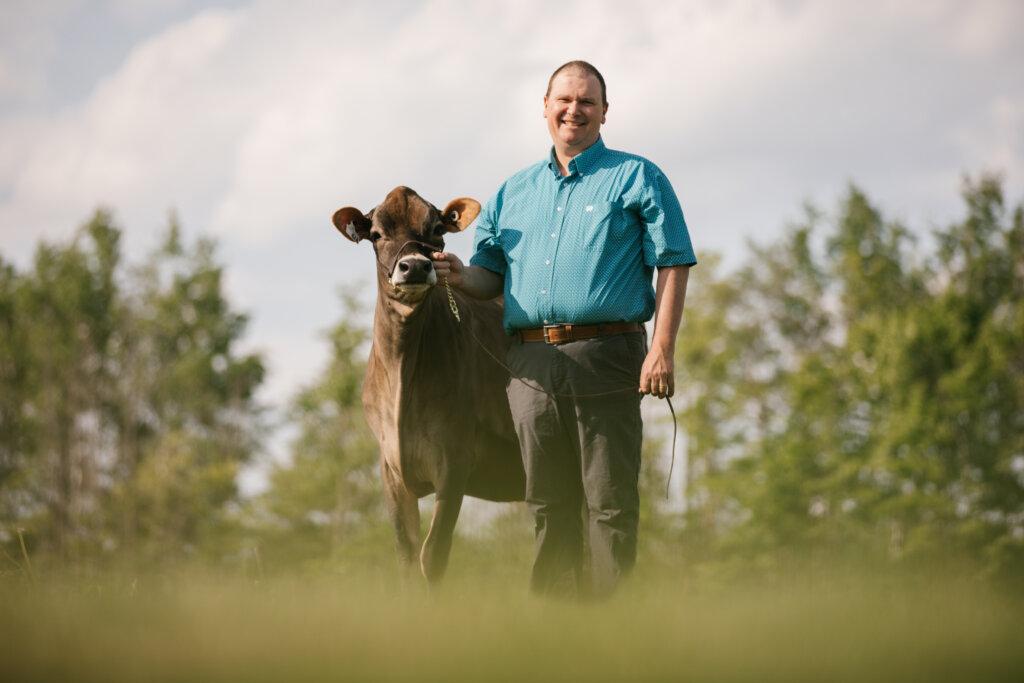Canadian Farms & Farmers
Farming and other careers in agriculture
Farming and other careers in agriculture
Working in agriculture is much more than growing crops or raising livestock. One in nine Canadian jobs is linked to agriculture. From communications, engineering, and economics, to food and animal sciences, tourism, robotics, and the environment, the career possibilities are endless. There are many more jobs available across the entire Canadian agriculture sector – not just on farms – than there are people to fill them. It is estimated that the industry could be short 123,000 workers by 2029. Agriculture in the Classroom Canada and its provincial member organizations across the country are working to introduce these diverse career opportunities to students to support the long-term sustainability of the sector. You can also read the career profiles throughout this magazine to see a sampling of the options available.
Getting a start in farming
It can be difficult for people to get into agriculture if there isn’t a farm business in the family to take over. The cost of land, equipment, and livestock is high, so new farmers must be creative if they want to live their farming dream. Many look to specialty products, local opportunities, direct-to-consumer sales, or niche markets they can supply, to differentiate themselves in the marketplace. Most new farmers start out by renting or buying small pieces of land, and getting help from friends, neighbours, or family, while also working away from the farm. Some of them build unique partnerships with established farmers who don’t have children who might want to take over the farm business, for example. Special programs have also been established by government and businesses to help young people, women, new Canadians, and minorities start or grow farm businesses.

Mental health on the farm
Farming is rewarding, but also can be incredibly challenging. The stresses of weather, market uncertainty, evolving public perceptions, disease and pest threats, activist threats, and more, can take their toll on farmers’ mental health. Farmers and their families often work long hours by themselves, and farms by their very nature are mostly located in rural and sometimes isolated areas. That aspect makes it even easier to feel alone and without support.
Research into the mental health of Canadian farmers has shown that:

Luckily, awareness of the problem is increasing, thanks to groups like the Do More Ag Foundation, a national charity focused on mental health in agriculture across Canada. And the newly launched Canadian Centre for Agricultural Wellbeing42 is leading research, and developing programs and education to address farmer wellbeing nationwide.


